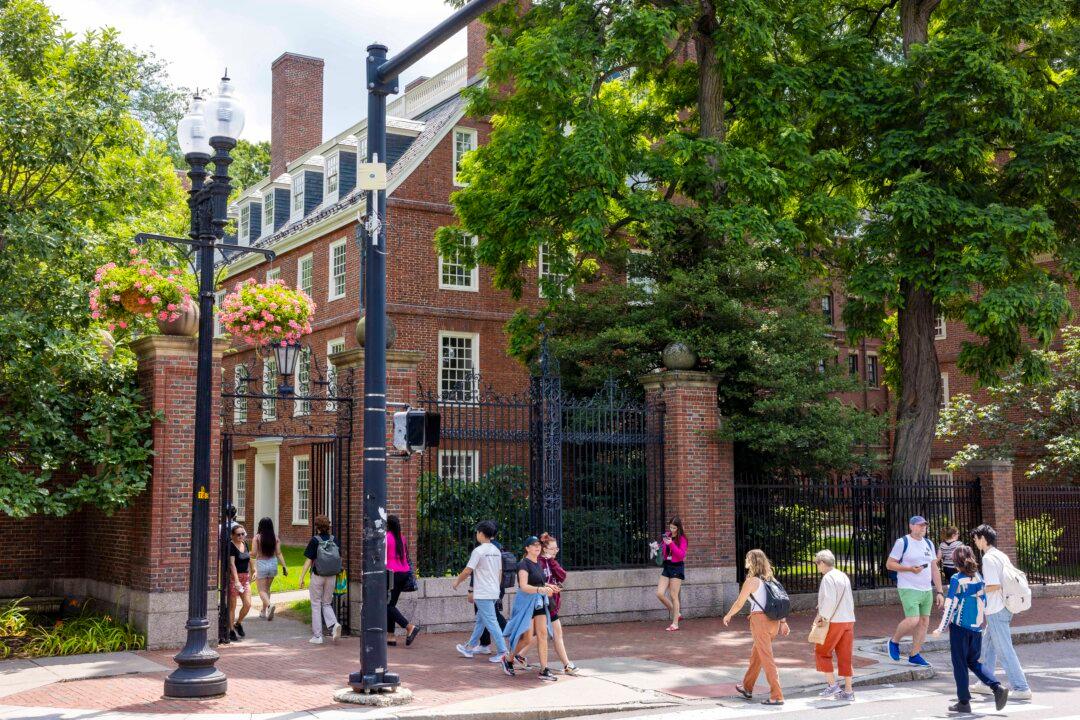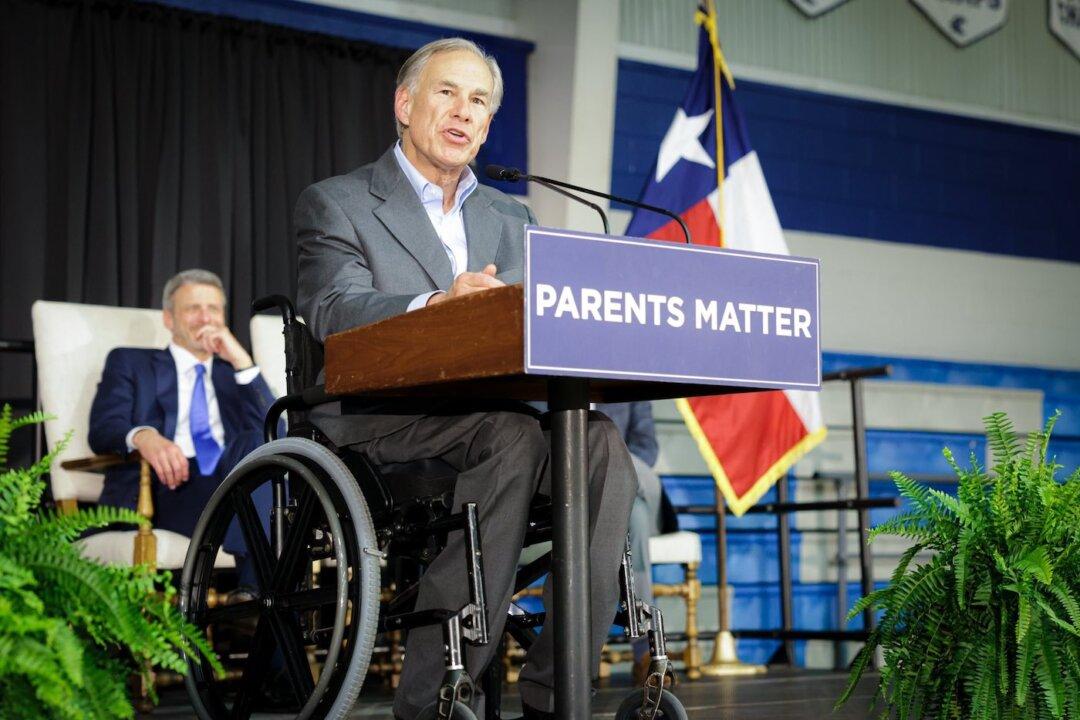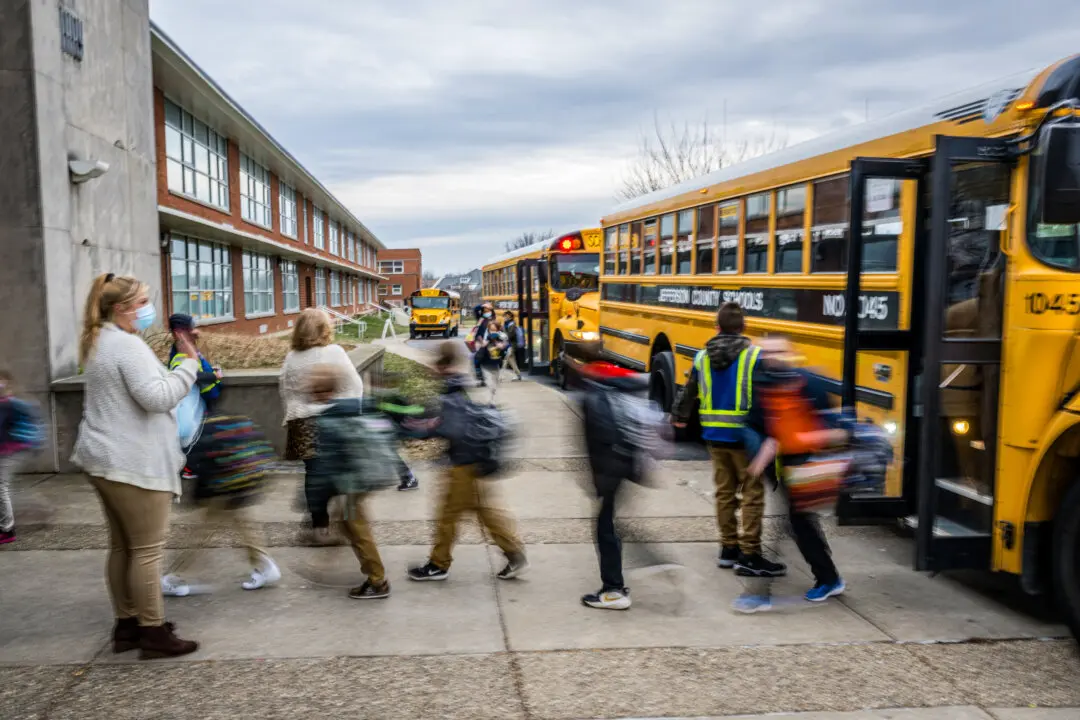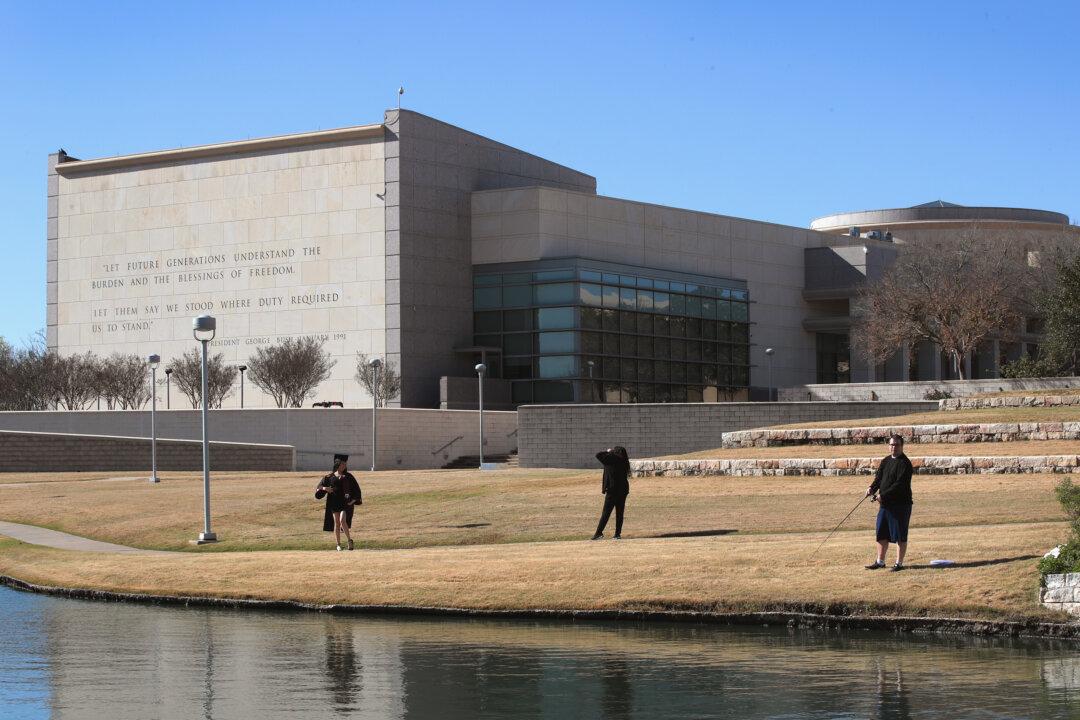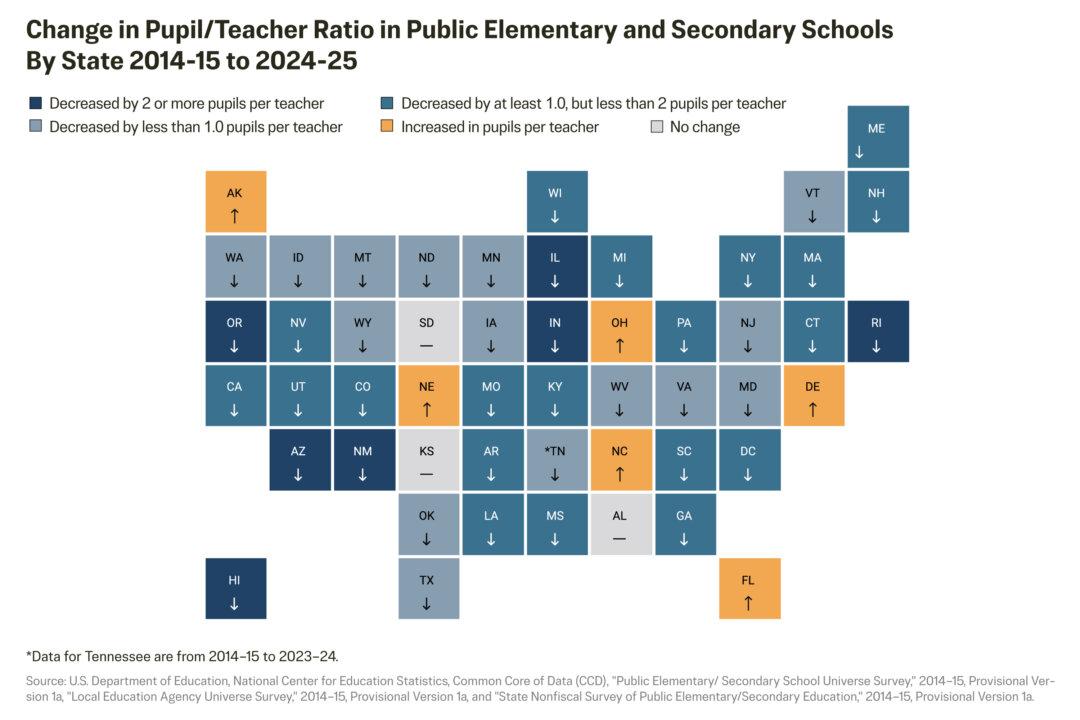Universities in various states are advising international students and staff to consider cutting their semester break short and returning to campus before President-elect Donald Trump’s inauguration on Jan. 20, 2025.
The institutions say they fear that Trump will immediately enact a travel ban preventing certain foreign nationals from reentering the United States.
